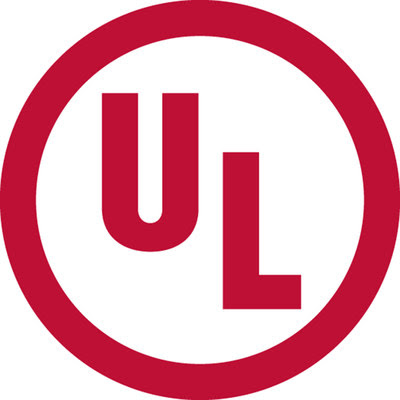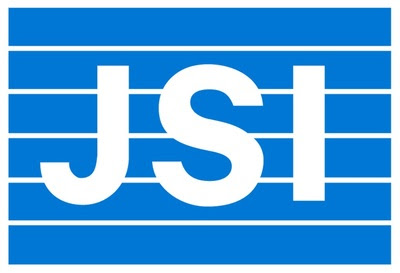VANCOUVER, CANADA – When the COVID-19 vaccines started rolling out across the United States, Canada was short of supply and its leaders faced harsh criticism for not being better prepared. Expected deliveries from Europe were delayed and the country had no capability to produce its own vaccines.
By mid-July, that changed. More doses of vaccines started to arrive and Canada quickly passed the United States in vaccination rates.
As of Wednesday, 71.4% of Canadians had received at least one dose, with 57.6% having received two doses. In the United States, by comparison, 57.7% had received the first dose and 49.8% the second.
It was a different story three months earlier, when the United States had inoculated 43.2% with one dose and 29.9% were fully vaccinated with two doses. In Canada at that time, 31.3% had received a first dose and only 2.8% had gotten the second.
All vaccines being used in Canada — Pfizer, Moderna and AstraZeneca — require two doses. The single-dose Johnson & Johnson vaccine is approved but has not yet been utilized.
Dr. Brian Conway, the medical director of the Vancouver Infectious Diseases Center, believes Canada has overtaken the U.S. in vaccinations because its political leaders are in greater agreement about the value of the vaccines than their southern neighbors.
“All politicians of all stripes, in terms of major political parties, and even minor political parties, have been supportive of the vaccination program. And within the next couple of weeks, 80% of eligible Canadians aged 12 and up will be doubly vaccinated,” Conway said.
Nazeem Muhajarine, an epidemiologist at the University of Saskatchewan in Saskatoon and part of a national research committee on COVID-19 variants, echoes Conway and says Canadians themselves have approached vaccinations with more unity.
“The sense of, you know, that you are part of a collective purpose versus kind of, you know, you being an individual person, individual rights and responsibilities, which is so important in the U.S., is not as important here,” Muhajarine said.
“So added this extra incentive for people, which is not just protect yourself or others, but also to get your province over the percentage that you need to keep going on a reopening plan,” Tworek said.
Many public health officials across Canada are starting to wind down mass vaccination clinics and are now going to beaches, farmers markets, summer fairs and sporting events.
It is hoped this will not only motivate more people to get vaccinated, but also make it easier to get the vaccine, especially for those in more remote communities or facing other challenges.
Source: Voice of America



![China's homegrown AI chips are on display at the 2021 World Artificial Intelligence Conference in Shanghai, July 7, 2021. [Photo/VCG] China's homegrown AI chips are on display at the 2021 World Artificial Intelligence Conference in Shanghai, July 7, 2021. [Photo/VCG]](https://ci6.googleusercontent.com/proxy/kdX2nNVITwEieok7u2vD43aaMYF9ocvrau7xFuBoOQeCJ4zCBkc3OnPfZlbskoyC02y1t1F5yBDkRN_VsBne1bwwD98YXx6oXCU37w=s0-d-e1-ft#https://mma.prnewswire.com/media/1583059/China_org_cn.jpg)
